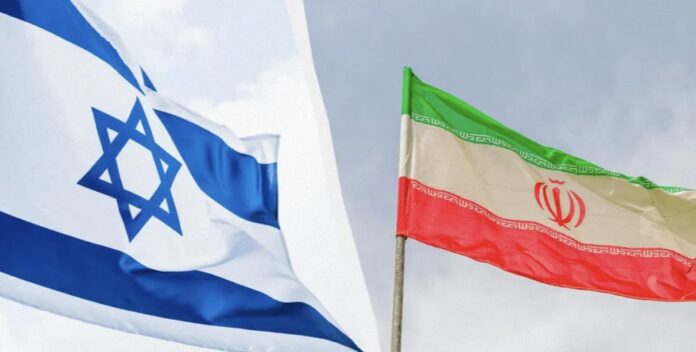Остання атака Ірану на Ізраїль збільшує ймовірність загострення конфлікту на Близькому Сході, а це може мати серйозні наслідки. Останні події коментуються, як тенденції до змін у відносинах на Близькому Сході протягом багатьох років. Зокрема, наростає співпраця між Ізраїлем та кількома сунітськими країнами, такими як Бахрейн, Об’єднані Арабські Емірати та Саудівська Аравія. Крім того, Ізраїль має стабільні відносини з Єгиптом та Йорданією, однак останні події, такі як збиття іранських безпілотників, та дозвіл на використання свого повітряного простору, ставлять під питання стабільність цих зв’язків.
Це зближення між країнами вважається значною перемогою ізраїльської дипломатії, коли закляті вороги стають на шляху до формування альянсу. Учасники переговорів вважають, що навіть Індонезія, найбільш густонаселена мусульманська країна у світі, може нормалізувати свої відносини з Ізраїлем у рамках своєї заявки на вступ до ОЕСР.
Одночасно Іран прагне стати головною регіональною силою, здатною нав’язувати свою волю іншим країнам, і звертається до всіх можливих заходів, щоб розірвати альянс ворожих для нього країн. Аятола Хаменеї та його режим реагують на ряд сигналів із Заходу і приходять до висновку, що настав час збільшити тиск.
По-перше, після обрання Барака Обами президентом США стало очевидно, що Захід віддає перевагу Китаю та Тихому океану, а не Близькому Сходу. Спроба зняття Саддама Хусейна призвела до збільшення впливу Ірану в Іраку, а здача позицій в Афганістані лише посилила переконання, що ні Америка, ні Європа не мають інтересу в регіоні.
В додаток до цього, Захід не знайшов ефективної відповіді на політику Ірану, спрямовану на уникнення міжнародних санкцій. Видобуток нафти в Ірані подвоївся за останні п’ять років, а тіньовий флот нафтових танкерів направляє експорт головним чином до Китаю.
Крім того, реакція Заходу на ядерні амбіції Ірану додала мотивації Тегерану. Спільний комплексний план дій (JCPOA) між Іраном, п’ятьма постійними членами Ради Безпеки ООН і Німеччиною – був лише тимчасовим рішенням. Обама розумів, що Іран має намір отримати ядерну зброю, і дозволив йому збагачувати уран для цивільних цілей, з обмеженнями на ядерні установки в обмін на зняття міжнародних санкцій. Коли Трамп вивів Америку з JCPOA, європейці залишилися один на один з цим завданням, і аятола Хаменеї брав ініціативу в свої руки.
Іран пильно спостерігав за Заходом і прийшов до висновку, що його вороги надто роз’єднані для ефективних дій. Минулого року Тегеран збільшив виробництво високозбагаченого урану до 60% чистоти, що далеко перевищує максимальні 3,67%, встановлені в JCPOA, і є значно вище за необхідність для цивільної енергетики, наближаючись до рівня, необхідного для ядерної зброї. Реакція світу на це залишалася невизначеною і фактично не мала наслідків для Тегерану.
Уночі на 14 квітня Іран атакував Ізраїль ракетами і дронами-камікадзе. За даними Армії оборони Ізраїлю, було запущено понад 185 безпілотників, понад 36 крилатих і 110 балістичних ракет. При цьому майже 99% з них були перехоплені.
Варто відзначити, що удар по Ізраїлю з боку Ірану свідчить про його військову безпритульність. Лише одному з близько трьохсот дронів і ракет, випущених іранцями по Ізраїлю, вдалося досягти своєї мети. Більшість з них були знищені задовго до досягнення ізраїльської території.


